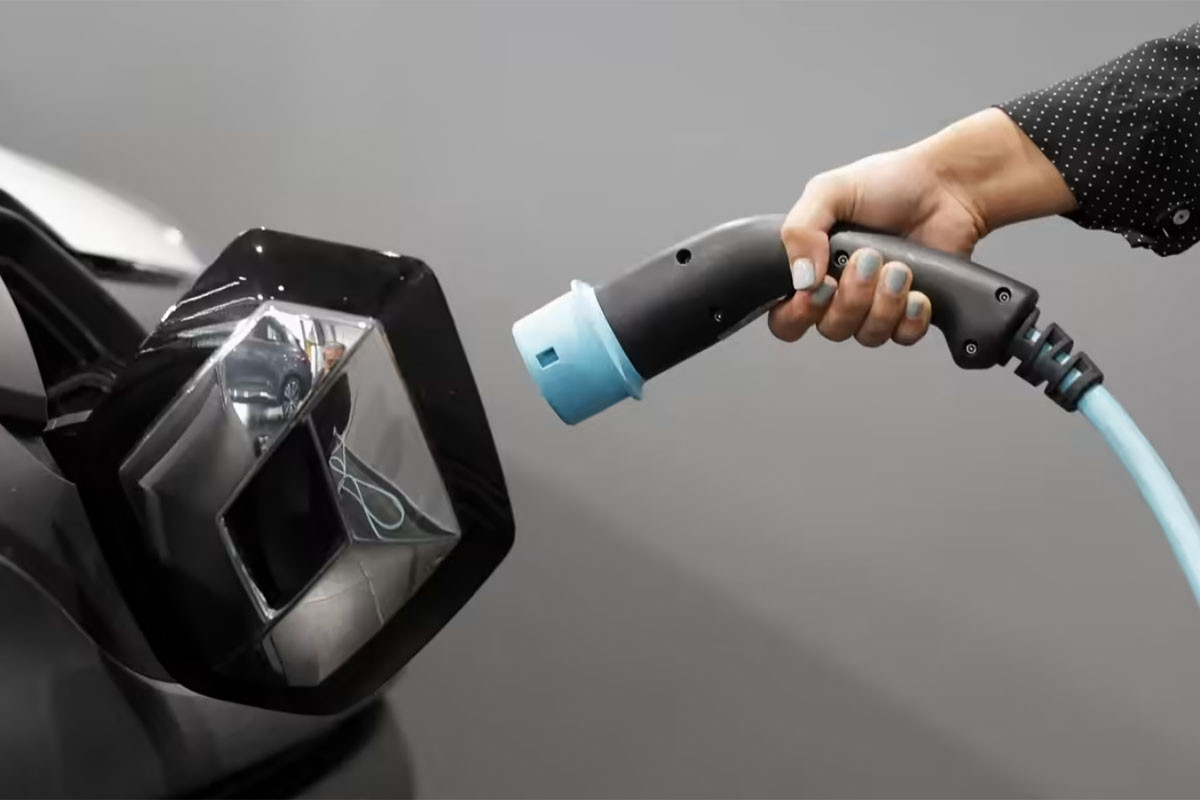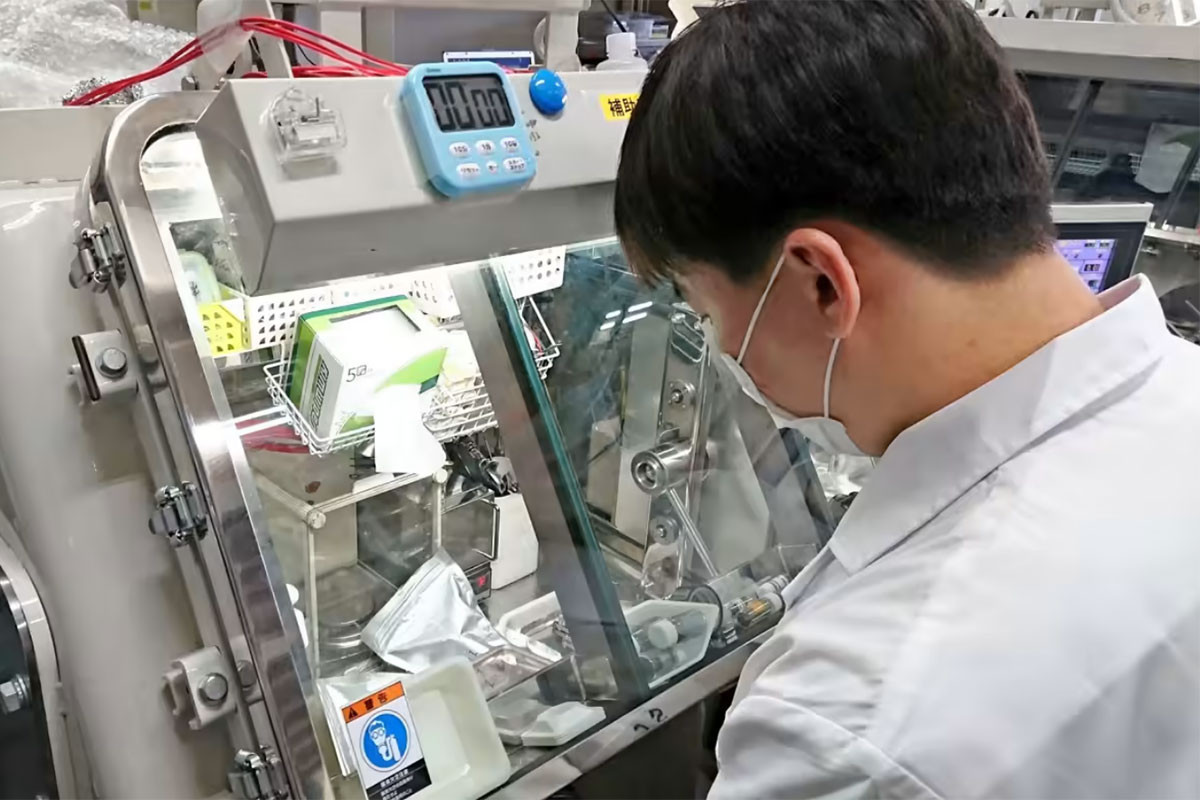With the ability to provide 7 times more power than Lithium-ion batteries, new Fluoride-ion battery technology will be the future of the race to develop electric vehicles.

According to information from Japanese automakers, research teams at the country’s universities are accelerating the pace of development of a new generation of batteries for electric vehicles called Fluoride-ion batteries (FIBs). , allowing electric vehicles to travel a distance of 1,000 km on a single charge.
Theoretically, the new battery technology could also be made without rare metals, reducing the likelihood of current supply chain problems. Besides, the electrodes in Fluoride-ion batteries require less material than Lithium-ion batteries.
Currently, Kyoto University is leading the development of Fluoride-ion batteries in Japan. In 2020, Kyoto University and Toyota tested a solid-state Fluoride-ion battery prototype with positive results.

It is expected that Fluoride-ion batteries will become a viable option in the early 2030s. This new battery technology provides 6 to 7 times the energy density of Lithium-ion batteries that are the current standard in the industry. electric vehicles, paving the way for new generation batteries that are increasingly smaller and lighter.
However, there are still some challenges for fluoride-ion batteries before commercialization, such as how to optimally mix electrode materials and electrolytes, which have not yet been specifically formulated. But the main hurdle is determining which materials will be effective for producing fluoride-ion batteries. Therefore, for now, Lithium-ion batteries are still showing better performance in terms of recharge cycles and electromotive force.
In September, a group of researchers including Kenichi Okazaki – Associate Professor of Ritsumeikan University provided an analysis of the response of bismuth and lead membrane electrodes in Fluoride-ion batteries, along with their effects. of them in charging and discharging. Mr. Okazaki said his team was looking for new battery materials for electric cars.
According to the plan, by 2025, researchers will launch a new Fluoride-ion battery prototype with copper and aluminum electrodes – materials that are cheaper and less risky than other options. They also aimed to improve the voltage from the 0.3 volts achieved with bismuth-lead batteries to at least 2 volts, the level needed for commercial use.
This will be a viable alternative to Lithium-ion batteries so that the auto industry can quickly create carbon-free vehicles in the near future.
According to Nikkei


